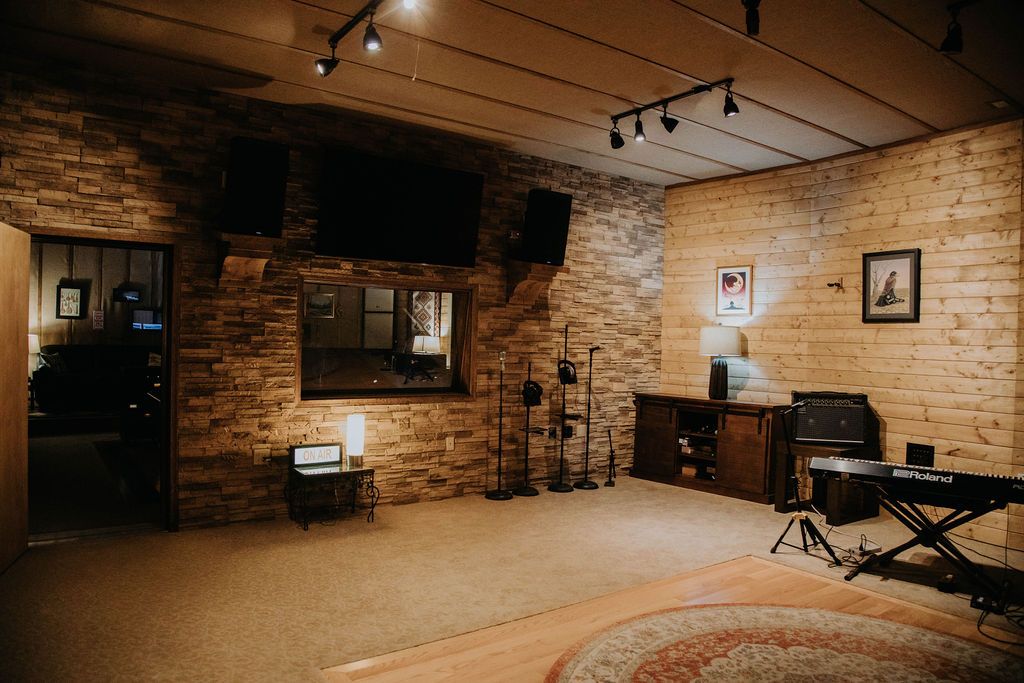
Mixing and Mastering Techniques for Pro-Sounding Tracks
Mixing and mastering techniques play a crucial role in creating a polished, professional-sounding final product. Engineers, musicians, and producers must understand the basics of mixing and mastering to take music to the next level.
Equalization and compression, combined with stereo imaging and final mastering, achieve the best sound possible for your tracks. In this blog, we’ll cover everything you need to know, including:
- How long does it take to mix and master a song?
- What is the process for mixing and mastering a song?
- Can you mix and master at the same time?
How long does it take to mix and master a song?
Several factors influence how long it takes to mix and master a song. Among the components of the process that can slow it down or speed it up include:
- Complexity of the music.
- Number of instruments and tracks used.
- Skill level of the mixing and mastering engineer.
Professional mixing and mastering engineers can spend anywhere from several hours to several days perfecting a single song. If budget is a concern for you, choose an experienced engineer who can rely on their knowledge and skills of advanced mixing and mastering techniques to get the job done as quickly as possible.
Keep in mind that some songs may require multiple rounds of mixing and mastering to get the finished product just right. It’s your track, so you get to decide when it’s ready for the masses.

What is the process for mixing and mastering a song?
Mixing and mastering techniques vary by sound engineer. However, the process usually requires the following 9 steps.
- Preparing the session
Before the hard work of mixing and mastering your song begins, sound engineers must organize and label tracks, set up a mixing template, and make sure all audio files are properly synced. - Balancing levels
This mixing and mastering technique involves adjusting the volume levels of individual tracks to get them to a consistent level. The sounds blend better after balancing is complete. - Equalization
Adjusting the frequency balance of individual tracks enhances or reduces certain elements of the sound. - Compression
Dynamic range is the difference between the softest and loudest passages of an audio recording. Controlling the dynamic range of the audio helps to make the mix sound more polished. - Stereo Imaging
During this step, the engineer adjusts the stereo field of the mix to create a more spacious and dynamic sound. - Reverb and delay
The smoothest-sounding tracks use mixing and mastering techniques to add ambiance and depth to the mix through reverb and delay effects. - Automation
Volume, panning, and other effects are added to your song during this step of the process. Engineers create dynamic changes to the mix over time using automation. - Mastering
This is the final step in the process and involves the optimization of the mix for the desired output format. Your engineer adjusts the final product during the phase to make it suited for CDs, LPs, or streaming. - Finalizing and exporting
Once all adjustments are made, the engineer finalizes and exports the finished song.
Mixing and mastering techniques can vary depending on the preferences of the engineer. Some steps also might not be necessary for all songs. Always trust the recommendation of your engineer to get the best results.
Can you mix and master at the same time?
Technically, yes. However, most professional sound engineers prefer to keep them separate to ensure the highest quality final product.
Mixing and mastering are two distinct processes. Engineers typically complete the mixing phase first, which includes adjusting levels, EQ, compression, and adding other effects to individual tracks in a song. Mixing is all about creating balance.
Mastering optimizes the final product for the desired playback systems, including CDs, LPs, and streaming services.
Finding an Albuquerque music studio for mixing and mastering
Choose an Albuquerque music studio that specializes in mixing and mastering techniques to get the smoothest-sounding recording money can buy. Big Cat Tracks’ mixing and mastering engineers have decades of experience helping artists sound their best. Give us a call today to schedule your mixing and mastering needs.